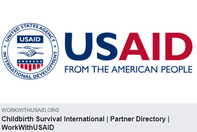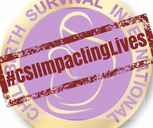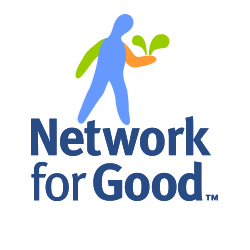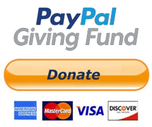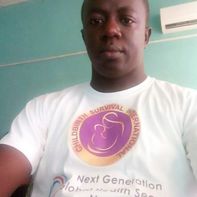 Navigating through the streets of Ibadan and moving along the corridors of Ojo-UI road, I was not only surprised by the different shades and distinct cultural identities of the people I saw, but I was extremely alarmed by the teeming number of young mothers aged 13-17 years on the streets as I moved along the road through the UI-Songho-Mokola business hub of Ibadan State. The observation though not too starkly different from Ghana, sharply contrasted in that, the huge numbers among them begging on the streets alarmed me but I quickly remembered I was in Nigeria, a country with a really huge population. With much interest in maternal and child health, and generally in sexual and reproductive health, I was quickly ushered into a rethinking mode to consider what if these young ladies on the streets got pregnant again?, as some had more than one child. Looking at their living conditions, I wondered how do they cope and how do they meet their pregnancy related health needs? I continued to self-introspect because they constitute a group that can clearly be defined as urban poor but what happens to these teenage mothers from conception to delivery is what struck me the most. While lamenting over these observations, I checked for some facts and was alarmed to know that Nigeria has a maternal mortality ratio of 814 above the global threshold with annual rate of decline being only 1.5%. for which over 2,300 children under 5 years die daily along with 123 women, making Nigeria the second country with the highest under five mortality and maternal mortality rates in the world. Placing blame on who is doing what and who is not doing what to address the problem has its role to play in delaying progress. Each day, innocent women continue to die due to preventable and/or manageable pregnancy and childbirth related complications. It's time to act now. Still alarmed by the figures, I reflected and told myself, “your lamentations should be over, take action.” Being nominated as one of 2017 Next Generation Global Health Security Network mentees and opportunity to take on Senior Program Coordinator role with Childbirth Survival International should not come as a wasted period of mentorship. Under the able mentoring guidance of Tausi Suedi, CEO of Childbirth Survival International, CSI Nigeria is taking the necessary steps, making the decisions that matter, and swimming with the strong tidal waves ‘brighten the corner where you are’ by providing lifesaving kits to pregnant women and mothers in Ibadan, Oyo state to address the situation where infant mortality rate stands as high as 6.9/1,000, maternal mortality rate 261.5/100,000, crude still birth rate 8.5%, and low birth weight rate as high as 17.9%. Read about CSI Nigeria maternal-newborn health initiative. We seek for all hands to support this initiative to save lives of 200 mothers and babies in Oyo State. CSI is working closely with University College Hospital, midwives, and community leaders to address the high maternal mortality rates by implementing clinical and culturally-sensitive educational programs targeting women and adolescent girls – where the highest mortality rates are reported. Please support this lifesaving initiative and donate as little as $7. It cost only $7 per kit. You can take action now. My contribution, our contribution, your contribution to achieving Sustainable Development Goal #3 is now. Let’s take action to save mothers and children. Enough of the talk. By Seth Christopher Appiah #CSINigeria #CSIGhana Senior Program Coordinator
0 Comments
Leave a Reply. |
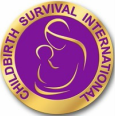
 RSS Feed
RSS Feed
